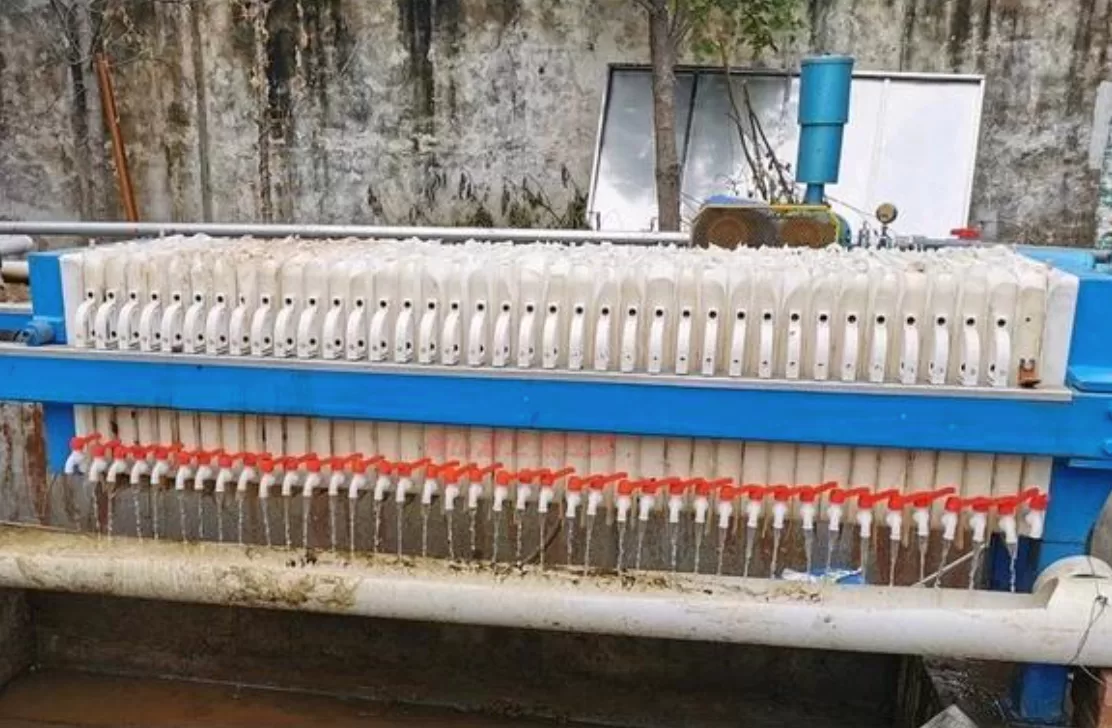Industrial filtration technology is constantly evolving, and at the heart of this progress lies the filter press. A critical component within a filter press is the filter cloth, and its performance directly impacts the overall efficiency of the press.

Air Permeability: Definition and Measurement
Air permeability refers to the volume of gas that passes through a specific area of filter cloth per unit time. Essentially, it reflects how easily air can flow through the fabric. Air permeability is measured using specialized instruments that determine the rate of airflow across a defined area of the filter cloth.
The Power of Permeability: Increased Filtration Speed
Filter cloths with good air permeability offer a significant advantage: reduced resistance during the filtration process. This translates to a faster filtration speed. Experimental data demonstrates that using filter cloths with poor air permeability can dramatically decrease filtration speed, hindering the overall processing efficiency of the filter press. Conversely, cloths with high air permeability can increase filtration speed by up to 30%, leading to a substantial improvement in filter press performance.
Breathability and Energy Consumption: A Cost-Saving Connection
The impact of air permeability extends beyond filtration speed. Filter cloths with low breathability create resistance during filtration, forcing the filter press to consume more energy to overcome this resistance. By optimizing air permeability, we can significantly reduce filter press energy consumption. Studies show that filter cloths with good air permeability can decrease energy consumption by around 20%, leading to substantial cost savings for your company.
Air Permeability and Filter Cake Quality: A Delicate Balance
Air permeability also plays a critical role in the quality of the filter cake, the solid material captured during filtration. Filter cloths with good air permeability promote the formation of a uniform and well-structured filter cake. This prevents the cake from clogging the cloth’s pores, ensuring optimal filtration efficiency. By optimizing air permeability, filter cake quality is also improved. The cake becomes more uniform and finer, simplifying discharge and reducing the frequency of cleaning the filter cloth. Ultimately, this translates to a longer lifespan for the filter cloth itself.
Reduced Maintenance Costs: Another Benefit of High Permeability
The impact of air permeability extends beyond filtration speed and energy consumption. Filter cloths with poor air permeability can lead to increased wear and tear on the filter press, shortening its lifespan. Conversely, using filter cloths with good air permeability reduces wear and tear, leading to a lower failure rate and ultimately, reduced maintenance costs. Studies suggest that using filter cloths with high air permeability can decrease filter press maintenance costs by approximately 15%.
Conclusion
ChinaFilter firmly believes that the air permeability of filter press cloth significantly impacts the overall working efficiency of the filter press. By choosing filter cloths with good air permeability, you can achieve a multitude of benefits:
- Increased filtration speed
- Reduced energy consumption
- Improved filter cake quality
- Lower maintenance costs
Selecting the right filter cloth with optimal air permeability is crucial for maximizing the performance of your filter press and achieving optimal filtration results.
